
David Bromberg is an American multi-instrumentalist, singer, and songwriter. An eclectic artist, Bromberg plays bluegrass, blues, folk, jazz, country and western, and rock and roll. He is known for his quirky, humorous lyrics, and the ability to play rhythm and lead guitar at the same time.

Play Me Backwards is an album by the American musician Joan Baez, released in 1992. The album was nominated for a Grammy for Best Contemporary Folk Recording. Baez supported it with an international tour.
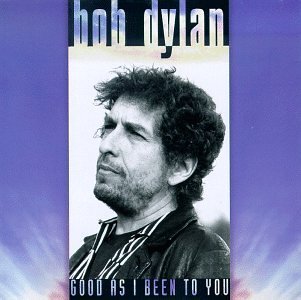
Good as I Been to You is the twenty-eighth studio album by American singer-songwriter Bob Dylan, released on November 3, 1992, by Columbia Records. The title comes from the second line of side 2 track 4.

James Arnold Bennington is an American jazz drummer and avant-garde musician based in Chicago, Illinois.
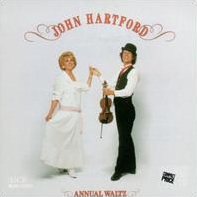
Annual Waltz is an album by the American musician John Hartford, released in 1987. Recorded in Nashville, the album was produced by Jack Clement. It was nominated for a Grammy Award, in the "Best Contemporary Folk Recording" category.

Ivory is the ninth album by the American singer-songwriter Teena Marie, released on July 17, 1990. It was her last album for Epic Records. Marie supported the album with a North American tour.

The Spin is an album by the American jazz band Yellowjackets, released in 1989. The album title refers to the Earth's rotation. The band supported the album with a North American tour.

David Bromberg is the debut album by American multi-instrumentalist and singer-songwriter David Bromberg. It was released by Columbia Records in February 1972. The album includes "The Holdup", written by Bromberg and George Harrison, and "Sammy's Song", which features Bob Dylan on harmonica.
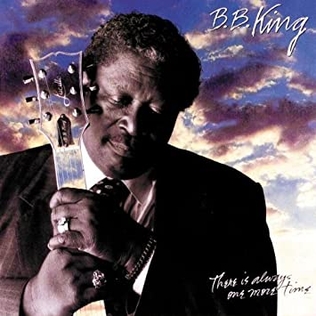
There Is Always One More Time is an album by the American musician B.B. King, released in 1991. It is dedicated to Doc Pomus, who cowrote the title song. The first single was "Back in L.A."

Set is an album by the Senegalese musician Youssou N'Dour, released in 1990. The album in part inspired the Senegalese youth movement Set-Setal, which sought to beautify Dakar.
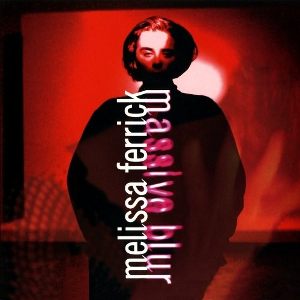
Massive Blur is the debut album by the American musician Melissa Ferrick, released in 1993. Ferrick supported the album by opening for Marc Cohn on a North American tour.
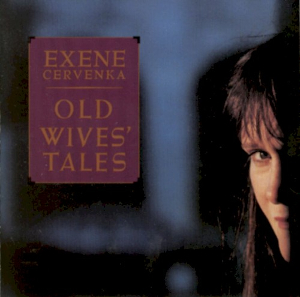
Old Wives' Tales is an album by the American musician Exene Cervenka, released in 1989. Cervenka told the Los Angeles Times that she considered the album to be "for and about women."

Una Mujer Como Yo is an album by the Cuban musician Albita, released in 1997.
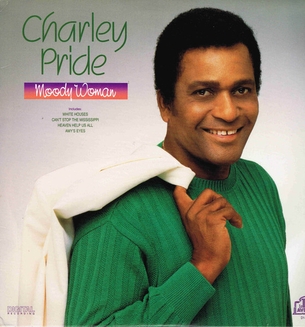
Moody Woman is an album by American country music artist Charley Pride. It was released in 1989 via 16th Avenue Records. The album includes the single "Amy's Eyes". Pride duetted with his son Dion on the cover of "Heaven Help Us All". The album was one of Pride's final commercial successes.
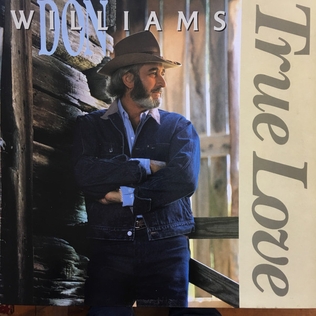
True Love is a studio album by the American country musician Don Williams. It was released on August 7, 1990, via RCA Records. The album includes the singles "Back in My Younger Days", "True Love" and "Lord Have Mercy on a Country Boy".

Night Train is an album by the American musician Bill Morrissey, released in 1993. Morrissey promoted the album with a North American tour that included shows with Cheryl Wheeler.

Naked Movie Star is the second album by the American musician Cindy Lee Berryhill, released in 1989. Like her debut, it was released by Rhino Records. Berryhill supported the album with a North American tour that included shows with Sarah McLachlan, and later, Kevn Kinney and Peter Buck.
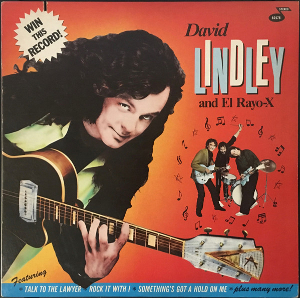
Win This Record! is an album by the American musician David Lindley, released in 1982. He is credited with his band, El Rayo-X. It was a commercial disappointment, and his final album for Asylum Records.
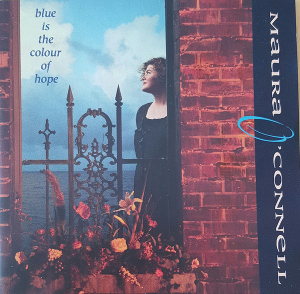
Blue Is the Colour of Hope is an album by the Irish musician Maura O'Connell, released in 1992. She supported the album with a North American tour that included shows with Loudon Wainwright III. The album title comes from a line by J. D. Salinger.

Punch the Big Guy is an album by the American musician John Stewart, released in 1987. The album title was suggested by Stewart's son. Stewart supported the album with a North American tour. Punch the Big Guy was a commercial disappointment, selling around 25,000 in its first six months of release.




















